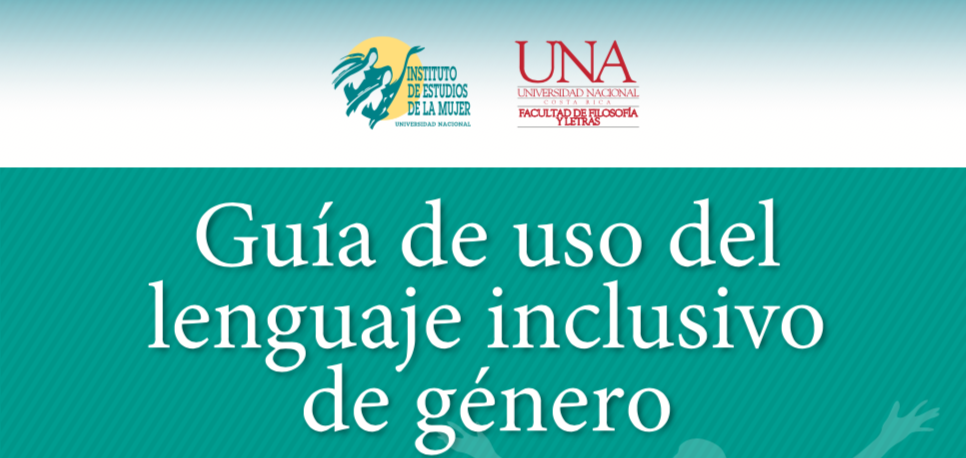Alternate possibilities and epistemic vices on moral responsibility in times of pandemic
DOI:
https://doi.org/10.15359/praxis.82.1Keywords:
moral responsibility, principle of alternate possibilities, epistemic vices, vice epistemology, pandemicAbstract
Some debates in the academic field take on real meaning in concrete situations, especially in the face of certain realities. In the present pandemic scenario, the notion of moral responsibility is of particular interest. It will be reviewed on the basis of the framework provided by the principle of alternate possibilities (PAP), although I will not venture into the vast dimension of that context. The purpose of this article is to explore, from the above background, and in the light of the current events, what may alter the perception and understanding of facts to the point of interfering with proper knowledge, disorienting reasonable choice, and even misleading our ideas of moral responsibility. It will be suggested that advances in the field of vice epistemology can assist in the explanation of this phenomenon.
References
Agamben, Giorgio. “L’invenzione di un’epidemia”. Quodlibet, 26 febbraio 2020.Recuperado el 08 de mayo de 2020. https://www.quodlibet.it/giorgio-agamben-l-invenzione-di-un-epidemia
Avishai, Bernard. “The Pandemic isn’t a Black Swan but a portent of a more
fragile global system”. The New Yorker, April 21, 2020. Recuperado el 14 de mayo de 2020. https://www.newyorker.com/news/daily-comment/
the-pandemic-isnt-a-black-swan-but-a-portent-of-a-more-fragile-global-system
Camus, Albert. La Peste. Buenos Aires: Editorial Sudamericana, 1995.
Carusso, Gregg. “Skepticism About Moral Responsibility”. The Stanford Encyclopedia of Philosophy. (Spring 2018). Recuperado el 16 de junio de 2020. https://plato.stanford.edu/entries/skepticism-moral-responsibility/
Cassam, Quassim. “Epistemic Insouciance”. Journal of Philosophical Research 43 (2018): 1-20. Recuperado el 02 de mayo de 2020. https://doi.org/10.5840/jpr2018828131
———. “Vice Epistemology”. The Monist 99, no. 2 (April 2016): 159-180. Recuperado el 02 de mayo de 2020. https://doi.org/10.1093/monist/onv034
———. “Stealthy Vices.” Social Epistemology Review and Reply Collective 4, no. 10 (2015): 19-25 citado en Madison, B. C. J., “On the Nature of Intellectual Vice”. Social Epistemology Review & Reply Collective 6, no. 12 (2017): 1-6. Recuperado el 03 de mayo de 2020. https://social-epistemology.com/2017/12/05/on-the-nature-of-intellectual-vice-brent-madison/
Delgado, María Aurelia. ¿Qué se siente ser Ud.? Hacia una mejor comprensión de nuestros contextos de racionalidad y sus referentes normativos. Madrid: Apeiron Ediciones, 2018.
Elzein, Nadine. “Frankfurt-Style Counterexamples and the Importance of Alternative Possibilities”. Acta Anal 32, (2017): 169–191 https://doi.org/10.1007/s12136-016-0305-0
Frankfurt, Harry G. On Bullshit. Princeton: Princeton University Press, 2005.
———. “Alternate Possibilities and Moral Responsibility”. The Journal of Philosophy 66, no. 23 (1969): 829-39. Recuperado el 10 de mayo de 2020. https://doi.org/10.2307/2023833
Hoefer, Carl. “Casual Determinism”. The Stanford Encyclopedia of Philosophy. (Spring 2016). Recuperado el 16 de junio de 2020. https://plato.stanford.edu/entries/determinism-causal/
Kay, John and King, Mervyn. Radical Uncertainty: Decision Making for an Unknowable Future. London: The Bridge Street Press, 2020.
Madison, B. C. J. “On the Nature of Intellectual Vice”. Social Epistemology Review & Reply Collective 6, no. 12 (2017): 1-6. Recuperado el 03 de mayo de 2020. https://social-epistemology.com/2017/12/05/on-the-nature-of-intellectual-vice-brent-madison/
McKenna, Michael and D. Justin Coates. “Compatibilism”. The Stanford Encyclopedia of Philosophy. (Summer 2020). Recuperado el 16 de junio de 2020. https://plato.stanford.edu/entries/compatibilism/
O’Connor, Timothy and Franklin Christopher. “Free Will”. The Stanford Encyclopedia of Philosophy. (Spring 2017). Recuperado el 16 de junio de 2020. https://plato.stanford.edu/entries/freewill/
Patarroyo G., Carlos G. “Los contraejemplos tipo-Frankfurt y un dilema para la ‘DEFENSA-W’”. Eidos, no. 19 (Julio/Diciembre 2013). Recuperado el 01 de mayo de 2020. C:/Users/maryl/Documents/My%20Philosophy/UNCR/Los%20contraejemplos%20
tipo-Frankfurt%20y%20un%20dilema%20para%20la%20_DEFENSA-W__.html
Ross, W. D. Aristóteles. Buenos Aires: Editorial Charcas, 1981.
Sartre. Jean Paul. El existencialismo es un humanismo incluido en Sartre/Heidegger. Sobre el humanismo. Buenos Aires: Ediciones 80, 1985.
Taleb, Nassim Nicholas. The Black Swan. London: Penguin Books, 2007. The Stanford Encyclopedia of Philosophy. https://plato.stanford.edu/
Vihvelin, Kadri. “Arguments for Incompatibilism”. The Stanford Encyclopedia of Philosophy. (Fall 2018). Recuperado el 16 de junio de 2020. https://plato.stanford. edu/entries/incompatibilism-arguments/
Walter, Henrik. Neurophilosophy of Free Will: From Libertarian Illusion to a Concept of Natural Autonomy. Cambridge, MA: The MIT Press, 2001 citado en Lavazza, Andrea, “Why Cognitive Sciences Do Not Prove That Free Will Is an Epiphenomenon”. Frontiers in Psychology, 26 February 2019. Recuperado el 29 de abril de 2020. https://doi.org/10.3389/fpsyg.2019.00326
Yaccar, María Daniela. “La filosofía y el coronavirus, un nuevo fantasma que recorre el mundo”. Página 12, 29 de marzo de 2020. Recuperado el 10 de mayo de 2020. https://www.pagina12.com.ar/255882-la-filosofia-y-el-coronavirus-un-nuevo-fantasma-que-recorreZizek, Savoj. Pandemic! COVID-19 Shakes the World. New York: OR Books, 2020.
Downloads
Published
How to Cite
Issue
Section
License
La revista trabaja bajo la Licencia Creative Commons Atribución-NoComercial-CompartirIgual 4.0 Internacional; apartir de la publicación número 79 (2019); en publicaciones anteriores se trabajaba bajo una Licencia Atribución- No Comercial- Sin Derivadas 4.0 Internacional.







